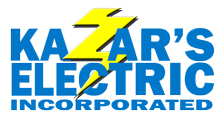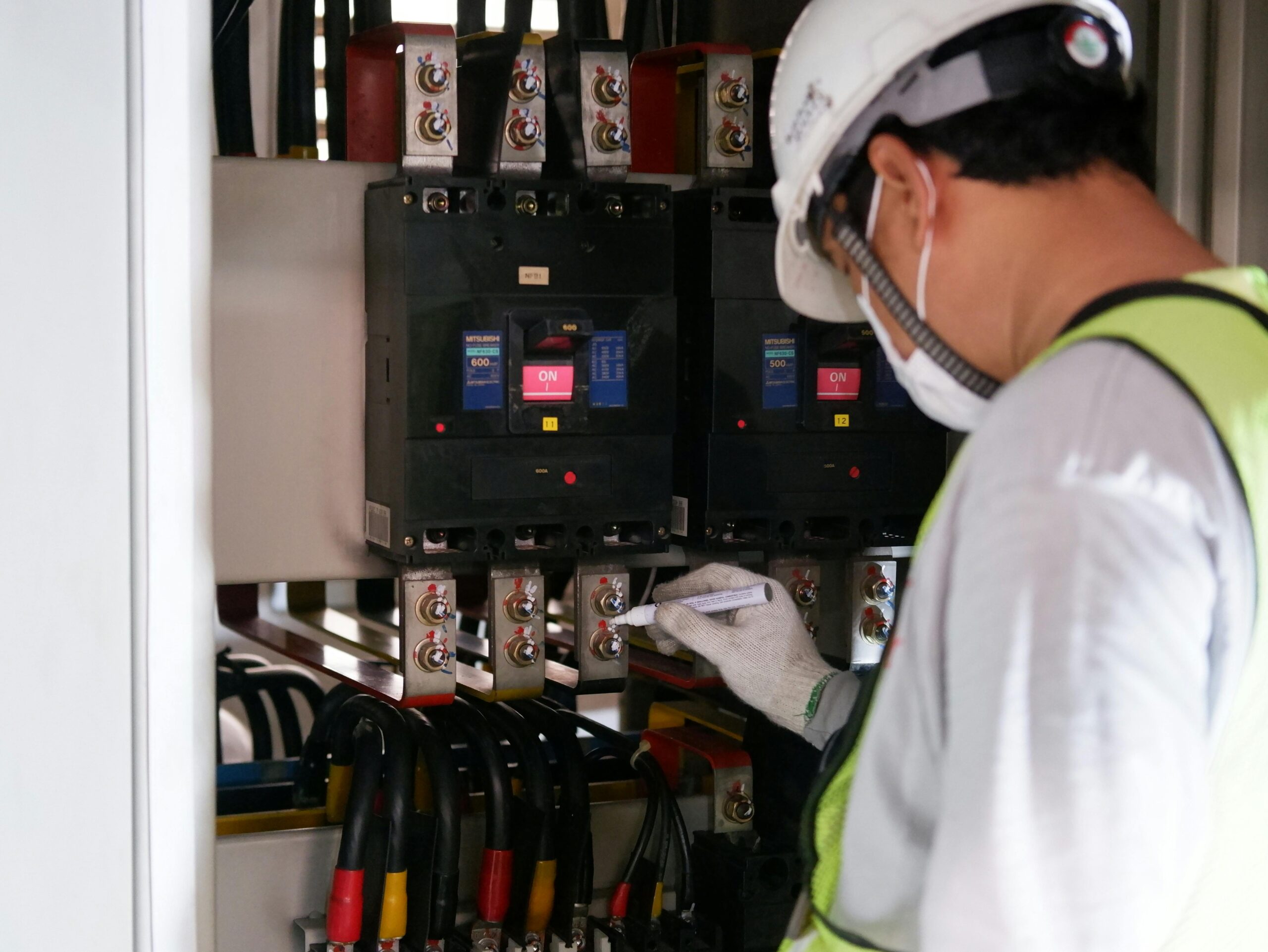Installing a generator in your Florida home or business can be a game-changer, especially during hurricane season. A backup power source provides peace of mind when the grid goes down. However, incorrect installation can lead to major issues, including safety hazards and costly repairs.
Here’s a guide to common generator installation mistakes you should avoid to keep your home safe and your generator working efficiently.
Ignoring Local Regulations and Codes
One of the biggest mistakes people make is ignoring local regulations when installing a generator. Florida has specific codes that guarantee electrical safety, especially during severe weather conditions. Failing to follow these rules can result in unsafe installation, potential fines, or even the cancellation of insurance coverage.
Before you begin installation, consult a professional to make sure compliance with the local codes. A licensed electrician will make sure that your generator is installed according to the required standards, keeping you and your home safe.
Choosing the Wrong Size Generator
Another common mistake is selecting a generator that’s too small or too large for your needs. A generator that’s too small won’t be able to power everything you need during an outage, while an oversized unit can be wasteful and costly to run.
When selecting a generator, consider the total wattage required for your appliances, lights, and electronics. A professional installer can help calculate the correct size based on your needs, guaranteeing you don’t overpay or underperform when it counts.
Improper Location
Choosing the wrong location for your generator is another mistake that can cause issues. Generators need adequate ventilation to prevent overheating, and they should never be placed in enclosed spaces like garages or basements. Carbon monoxide from the exhaust can build up quickly in confined spaces, creating a dangerous situation.
Install your generator in an open, well-ventilated area, ideally outside the house and away from windows and doors. Make sure the installation site is level and free from obstructions that could interfere with airflow.
Lack of Transfer Switch
A critical component of generator installation is the transfer switch. Without one, your generator could be back-feeding power into the grid, which could pose a severe risk to utility workers and cause damage to your equipment. A transfer switch isolates the generator from the electrical grid, ensuring your home’s power stays safely off the grid while the generator runs.
Without a transfer switch, you risk causing electrical damage and increasing the chances of a power surge when the grid comes back online. Don’t skip this step in your installation process. Always make sure that a licensed electrician installs a transfer switch alongside your generator.
Skipping Regular Maintenance
After the generator is installed, many homeowners neglect regular maintenance. Generators, like any other equipment, require routine checks to guarantee they continue to operate efficiently. Regular maintenance helps to prevent breakdowns and prolongs the life of your unit.
Schedule an annual service to check the fuel, oil, filters, and other components of your generator. Regular maintenance guarantees that your generator will be ready to go when you need it most, especially during Florida’s unpredictable weather.
Overloading the Generator
Once your generator is installed, it’s easy to be tempted to plug in more appliances than it can handle. Overloading the generator can cause it to overheat or damage its internal components. It’s important to understand the power limits of your generator and use it wisely.
By sticking to the recommended wattage, you can avoid overheating and make sure that the generator runs efficiently for as long as possible. Be mindful of your energy usage to keep your generator in top shape.
At Kazar’s Electric Inc., we specialize in proper generator installations to help you avoid costly mistakes. Our licensed electricians guarantee safe and efficient setups, keeping you compliant with local regulations. Contact us today for expert guidance on generator installation and maintenance.


There is definately a lot to find out about this topic. I really like all of the points you’ve made.
I am sure this article has touched all the internet users, its really really good paragraph on building up new web site.
You made some decent points there. I looked on the web to learn more about the issue and found most people will go along with your views on this web site.
This website is my intake, rattling great design and style and Perfect content.
Everything is very open with a clear clarification of the challenges. It was truly informative. Your website is very useful. Many thanks for sharing!
Wow, this piece of writing is pleasant, my younger sister is analyzing these kinds of things, thus I am going to inform her.
Ahaa, its pleasant conversation concerning this piece of writing here at this web site, I have read all that, so at this time me also commenting here.
I simply couldn’t leave your site before suggesting that I extremely enjoyed the usual info a person provide on your visitors? Is going to be back regularly to inspect new posts
If you check out our Pokemon Duel tips article you’ll see that having extra attack energy provides you with a higher probability to win battles.
I really like what you guys tend to be up too. Such clever work and exposure! Keep up the awesome works guys I’ve added you guys to my own blogroll.
Can you be more specific about the content of your article? After reading it, I still have some doubts. Hope you can help me.
I besides conceive thence, perfectly written post!
Thank you for your sharing. I am worried that I lack creative ideas. It is your article that makes me full of hope. Thank you. But, I have a question, can you help me?
I’ll immediately grasp your rss feed as I can not in finding your email subscription hyperlink or e-newsletter service. Do you’ve any? Please allow me recognize so that I could subscribe. Thanks.
Thanks for sharing. I read many of your blog posts, cool, your blog is very good.